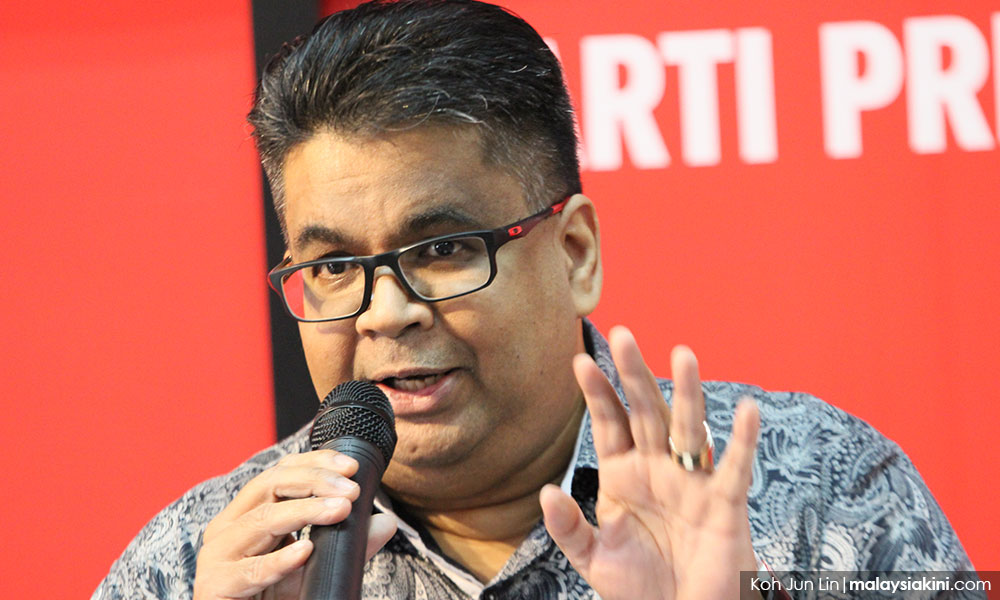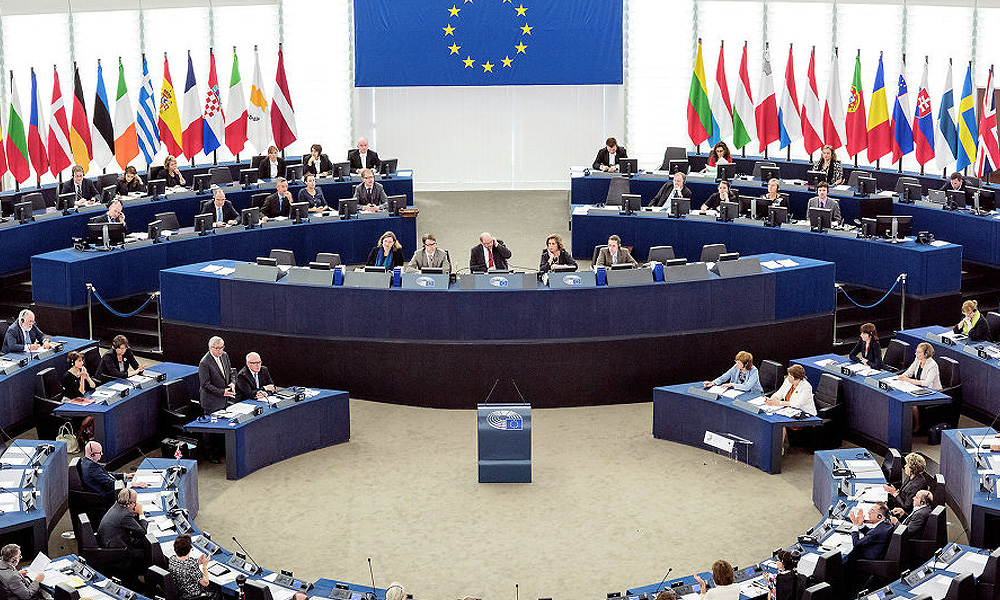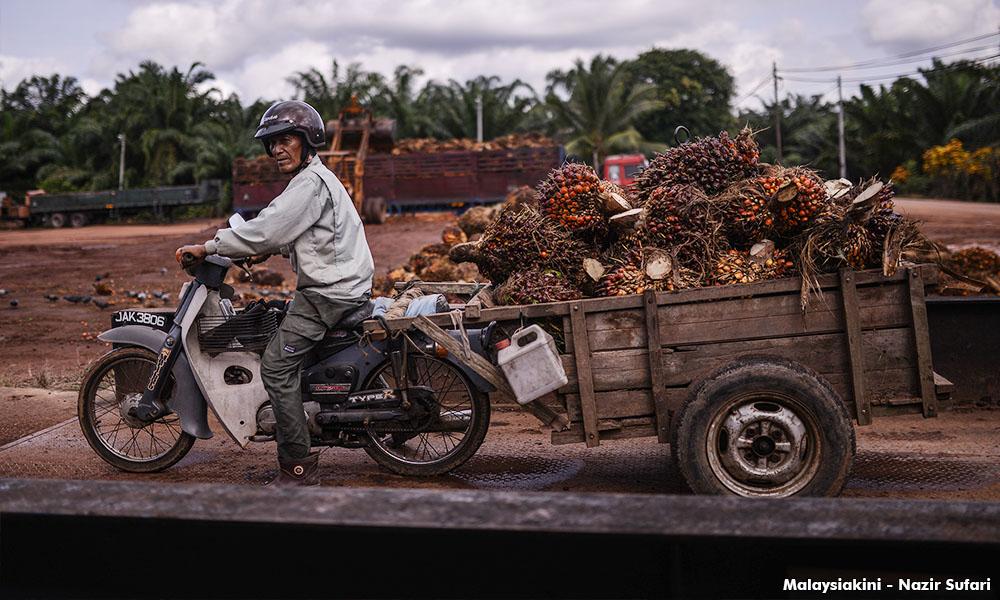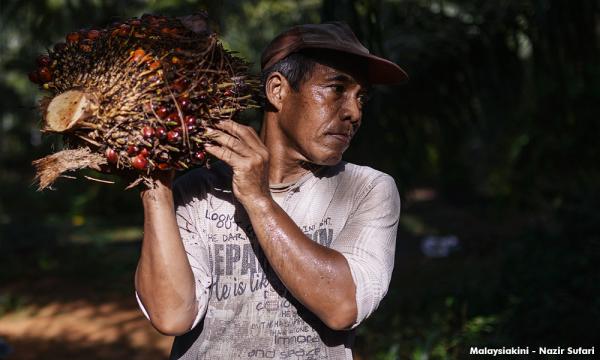LETTER | The recent op-ed from Rais Hussin, “EU palm oil ban: How did we get here?” contained a number of accurate facts about the palm oil debate in Europe. Unfortunately, Rais’ analysis and conclusions were entirely wrong, and do not follow logically from the facts.
I say this as a 20-year veteran of Europe’s palm oil sector. It’s important to be accurate in this debate, and to examine what Rais got right, and what he got wrong.

Rais (photo) is correct to state that members of the European Parliament (MEPs) have sought to ban palm oil since 2012. In fact, Rais could add that several governments in Europe – including France, Italy, Belgium and Switzerland – also have made powerful efforts to tax, regulate or ban palm oil since 2012. That is all true.
However, Rais has overlooked the crucial question: why, then, is palm oil not banned in Europe today? The full power and might of several EU governments, parliaments, and even the European Parliament have been leveraged for six years to demand bans, taxes and restrictions on palm oil.
And yet, today, there is no ban on palm oil in Europe. There are no excessive or discriminatory taxes on palm oil in Europe.
Why did the EU efforts fail for six years? I know the answer, because I have seen it firsthand. Because Malaysia has deployed a consistent, successful campaign to defend palm oil in Europe.
This is why Rais’ analysis is wrong. He says “the Malaysian government did not take the threat seriously” and “Malaysia was oblivious and indifferent to the threat.” This does not tally with my experience.

I have spent decades meeting with European politicians and government officials, businesspeople and NGOs, journalists and analysts, to talk about palm oil. They all say the same. Every time the Europeans have tried to ban palm oil, Malaysia has fought and has stopped it from happening.
I have worked for French companies for many years: the Malaysian campaigns against the French “Nutella tax” – both in 2012 and again in 2016 – were incredible. There were op-eds in the French media, statements, advertisements, lobbying meetings, social media.
Malaysia was everywhere in France at those times, and it worked.
It has worked in Brussels, too. In 2014, the EU attempted to ban palm oil. It failed. A French MEP, Corinne Lepage, publicly admitted on the EU television programme “viEUws” that the only reason the EU attempt failed was “because of the lobbying of the palm oil industry from Malaysia.”
There it is, in black and white, from a leading EU politician.
But past victories should not lead to complacency in Malaysia. Rais clearly is passionate about the future of Malaysian palm oil, and should be applauded for his passion.
The question that Rais should really ask, in my opinion, is the following: What are the threats coming towards Malaysian palm oil in future, and what should the Malaysian government be doing?
I see two threats – one general, one specific – that Malaysia needs to address straight away.
The specific threat is a centralised EU sustainability test for all palm oil imports (currently described as a single certification scheme) which is being proposed and planned right now in Brussels. This is a threat for which Malaysia is currently underprepared. That needs to change.
The general threat is the increasing trend of European attempts to control Malaysian palm oil. It began with the nefarious “Amsterdam Declaration” from EU governments.
In addition, European-based NGOs, and alliances of European businesses, have a stranglehold on the EU media debate on palm oil. The European groups can often make constructive or even helpful suggestions – but if they have full control, it weakens Malaysia’s position and leaves those 650,000 smallholders vulnerable.

How to solve this problem? It is simple: put Malaysia first. Cooperation with Europeans is desirable, but it must always be secondary to a strong Malaysian-branded effort. You must also defend all Malaysian palm oil: think of the small farmers.
Finally, on the current discussion around a ban under the Renewable Energy Directive, Rais is correct to point out that no ban has yet been implemented. In fact, France, Sweden and others in Europe have publicly opposed the ban: I suspect that this is also due to strong pressure from Malaysian representatives in Europe.
Rais is accurate in many facts, but wrong in his analysis: I know from 20 years’ experience in Europe that Malaysia has a reputation as a strong defender of palm oil, and for successfully winning those fights.
Palm oil from Malaysia flows freely into Europe, today, supporting millions of jobs in Malaysia, providing tax revenues for the Malaysian exchequer, and securing the livelihoods of 650,000 Malaysian small farmers.
The campaign tactics that have worked so well so far should be continued into the future if Malaysian palm oil is to succeed.
The views expressed here are those of the author/contributor and do not necessarily represent the views of Malaysiakini.


